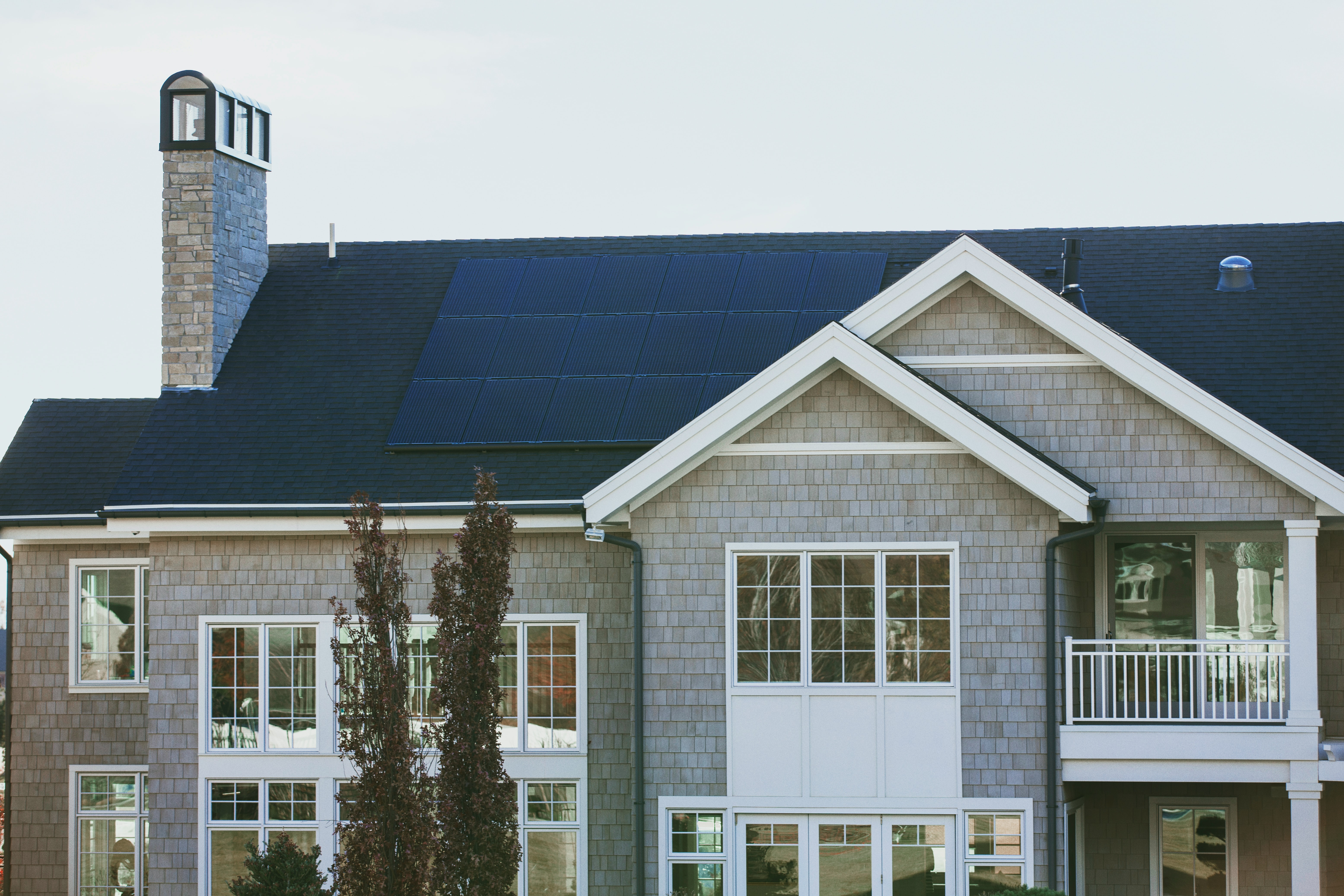In case you missed it see what’s in this section
Let's Talk

Why is Now the Best Time to Improve Your Home’s Energy Efficiency?
Energy efficiency has been a key conversation amongst homeowners and property developers alike for some time. But in recent years, it has become much more of a prescient topic, for a number of key reasons. Not only are there economic incentives for you to consider improving domestic energy efficiency, but also environmental and even legal ones.
Still, energy efficiency can be a costly endeavour up-front, even if long-term savings are made possible. As such, it can be difficult to know when the right time might be to start investing. Many signs, though, point to now being the right time for energy efficiency investment; what are the most pressing of these signs, and how can energy efficiency be effectively realised in response?
The Energy Crisis
The most prescient reason for fast-tracking the adoption of domestic energy efficiency measures is the cost-of-living crisis impacting household budgets across the country. The crisis began in the winter of 2021 when instability over wholesale gas prices resulted in a steep rise in domestic energy bills. Further rises were stymied by the government’s Energy Price Guarantee (EPG), which capped rates from rising above a certain standardised level. However, prices remain high despite this intervention – and further economic difficulty has caused the government to shorten the length of time for which the EPG applies from 12 months to just six. As such, adopting energy-efficient heating and insulating methods sooner could be a serious money-saver.
The Climate Crisis
But there is a wider moral imperative to hasten investment in domestic energy efficiency, in the form of the global climate crisis. Reliance on fossil fuels and other pollutive measures has seen global heating intensify; also, according to a recent UN report, international attempts to reduce greenhouse gas emissions have proven ineffective, with “no credible pathway” to meeting the terms of the Paris Agreement in place.
Domestic energy-efficient alternatives, from air-source heat pumps to biomass boilers and effective insulation, are essential in the fight against climate change, drastically reducing the carbon footprint of individual households and leading the way to a greener future.
Changing Legislation
The advancement of climate concerns on the international stage has also fed into legal responsibilities, both in terms of building regulation and tenancy law. New-build properties naturally have better energy efficiency than older homes, owing to the invention and development of new materials and processes over time.
New home projects are also required to meet a minimum energy efficiency standard (MEES) – something landlords are also expected to adhere to. Habitable homes are expected to have a minimum EPC rating of E, which could well be uprated to C by 2027. Homes found not to meet this minimum are required to have up to £3,500 VAT-inclusive spent on them, in order to approach compliance.
Weather in Bath
Listings


















